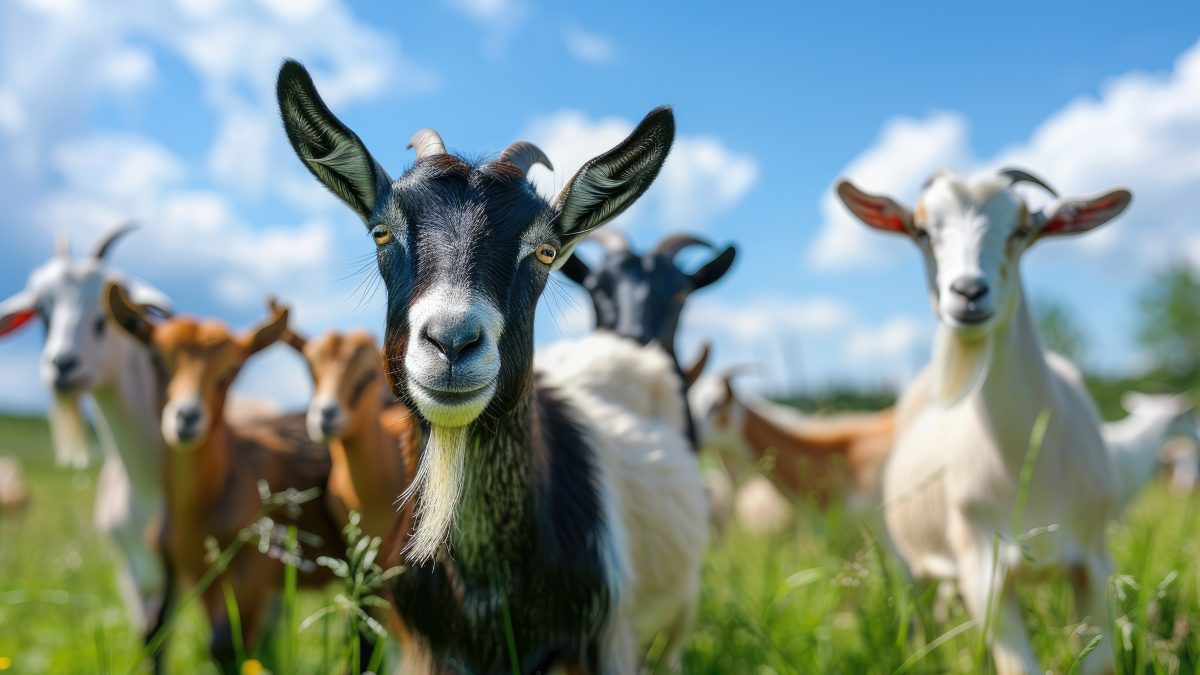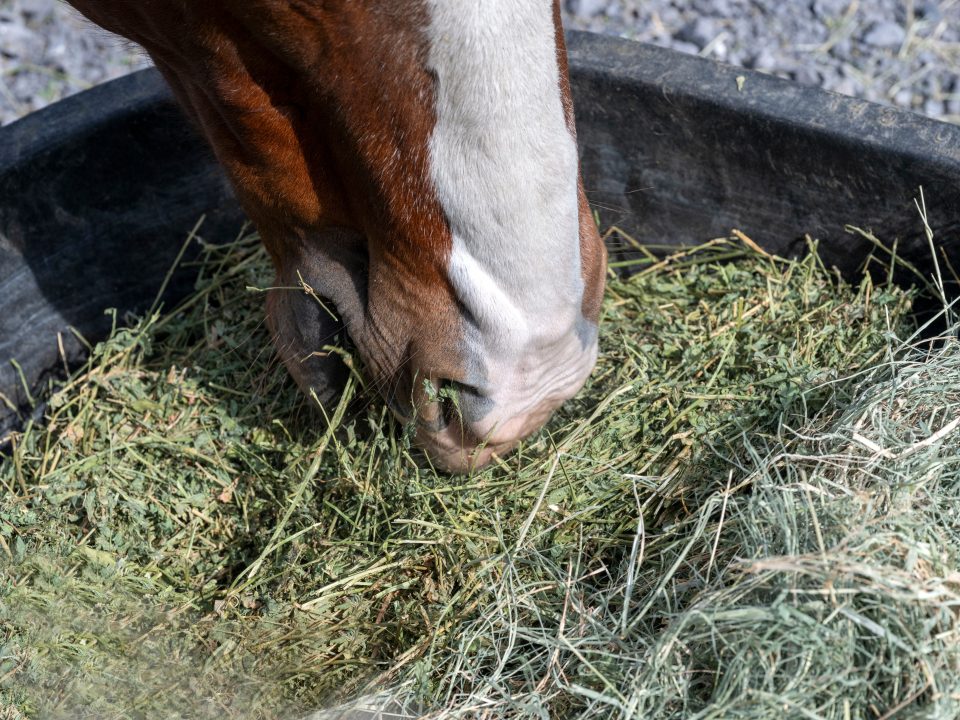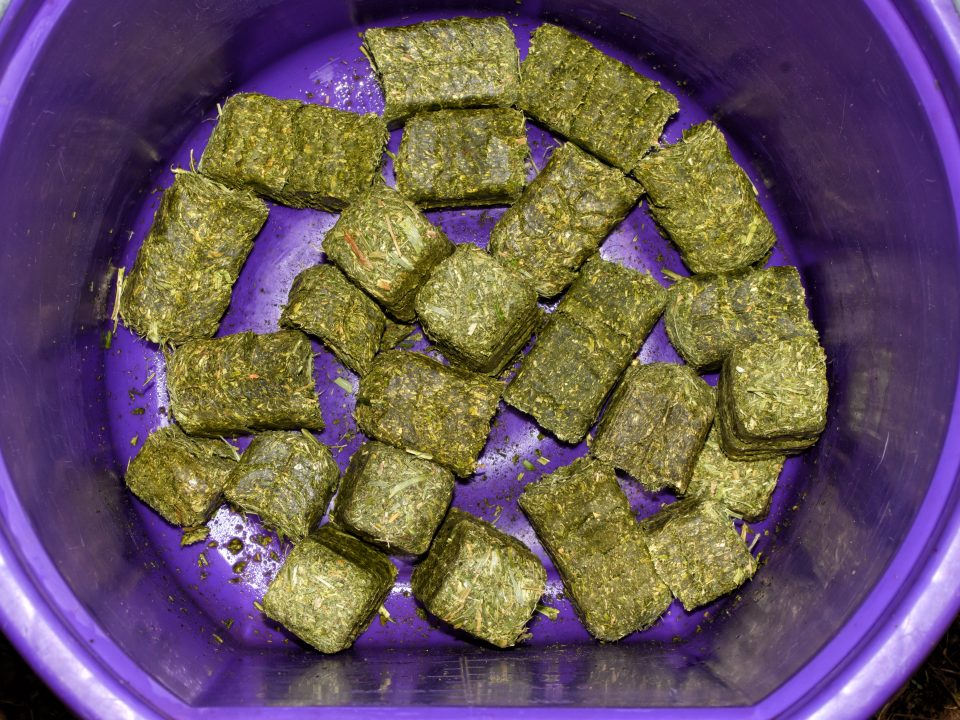
Step by Step Guide to Raising Chicks
April 9, 2025
Sheep vs. Goat Nutrition: What’s the Difference?
April 15, 2025How to Prevent Urinary Calculi in Male Goats

Preventing Urinary Calculi in Male Goats
Urinary calculi, also known as kidney stones or urolithiasis, can be a serious health issue for male goats. These stones can block the urinary tract, leading to severe pain, infection, and even death if not treated promptly. Fortunately, there are several steps you can take to prevent urinary calculi in your male goats.
1. Proper Diet
Diet plays a crucial role in preventing urinary calculi in male goats. Urinary calculi, also known as urolithiasis or water belly, is a blockage of the urinary tract in young growing male goats. This condition occurs when the pH of the urinary tract becomes alkaline, there is too much phosphorus in the diet, the calcium to phosphorus ratio is incorrect, and water intake is low, which doesn’t help flush the tract.
- Avoid feeding them grains and concentrates that are high in phosphorus, such as corn and wheat. Instead, provide them with high-quality forage, such as alfalfa hay, which has a higher calcium content.
- To reduce the risk of urinary calculi, it is essential to maintain a proper calcium to phosphorus ratio in the diet, ideally 2.5:1 or higher.
- Avoid feeding supplemental minerals, especially high-phosphorus products or additives.
- Provide high-quality feed, such as Country Companion Goat Feed, that is formulated with ammonium chloride which can help prevent urinary calculi.
- It is also crucial to provide your goats with plenty of water and salt.
2. Adequate Water Intake
Ensuring that your goats have access to clean, fresh water at all times is crucial. Water helps to dilute the urine and flush out any potential stone-forming minerals. In colder weather, make sure the water is not frozen, and consider using a heated water source if necessary.
3. Regular Exercise
Encouraging your male goats to exercise regularly can help to promote healthy urinary function. Exercise stimulates the kidneys and bladder, helping to prevent the buildup of minerals that can form stones. Provide ample space for your goats to roam and play and consider incorporating activities that encourage movement.
4. Monitor and Adjust
Regularly monitor your male goats for any signs of urinary issues, such as straining to urinate, blood in the urine, or a decrease in urine output. If you notice any of these symptoms, contact a veterinarian immediately. Additionally, periodically review and adjust their diet and management practices to ensure they remain optimal for preventing urinary calculi.
Taking good care of your goats helps ensure strong breeding performance, healthy weight maintenance, and a calm, manageable temperament. By following these steps, you can help to reduce the risk of urinary calculi in your male goats and ensure they remain healthy and happy.
For more information about Country Companion Goat Feed, visit https://countrycompanion.com/goat-feed/.



